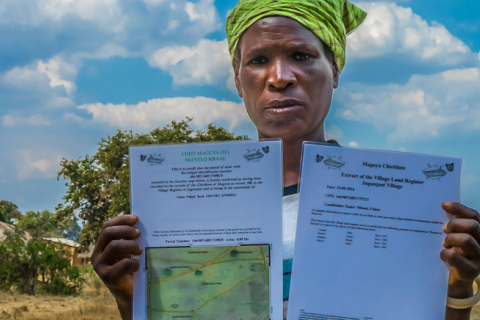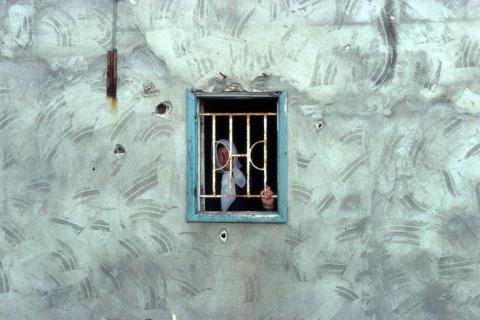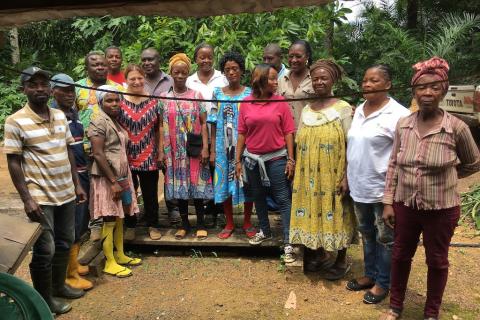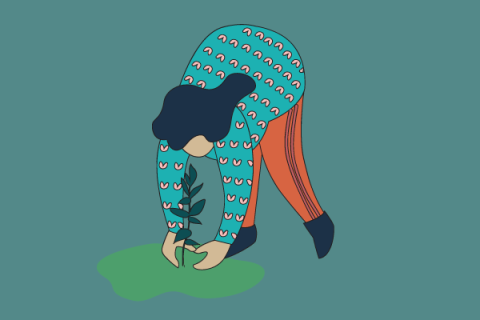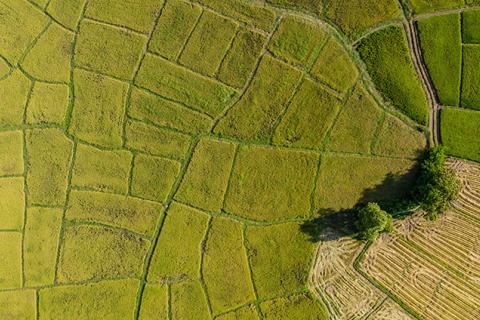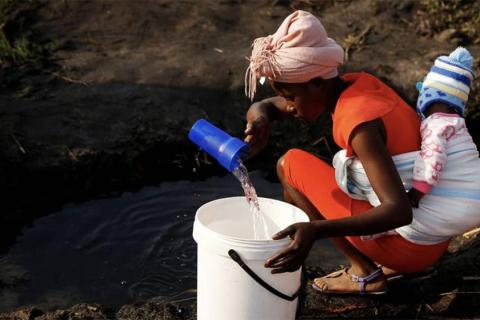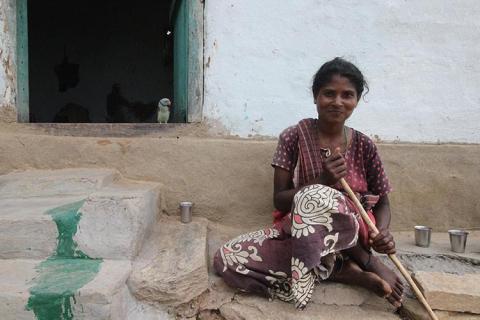A Legal Empowerment Approach to Achieving Women’s Land and Natural Resources Rights
When Namati's Community Land Protection project in Sierra Leone's Paki Massabong Chiefdom came to a close, a 'handing over' ceremony was held. Along with village chiefs and local officials, a number of female community members stood to speak. Here are excerpts from what a few of these women shared.


